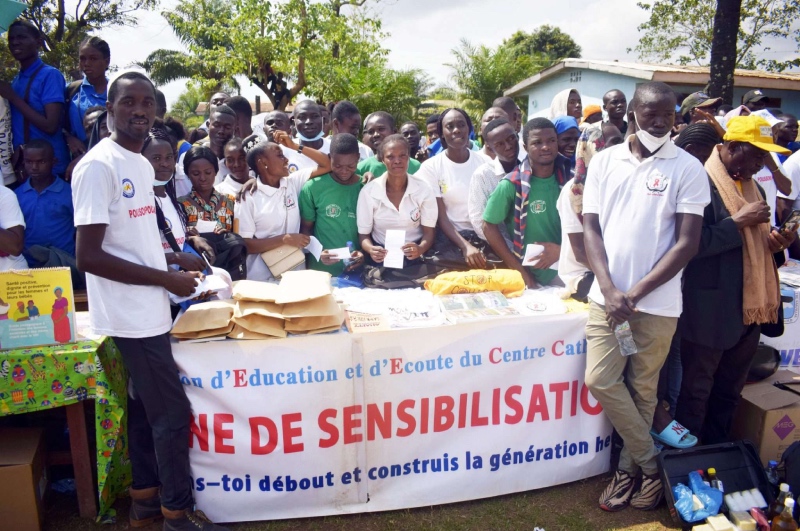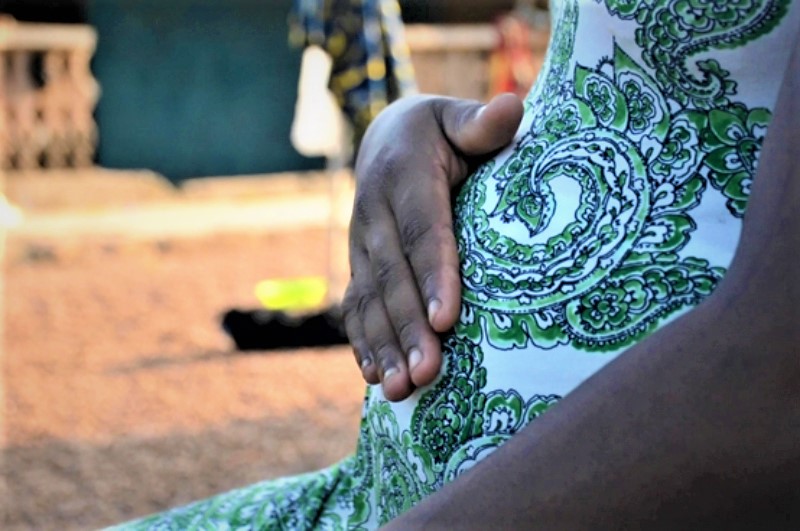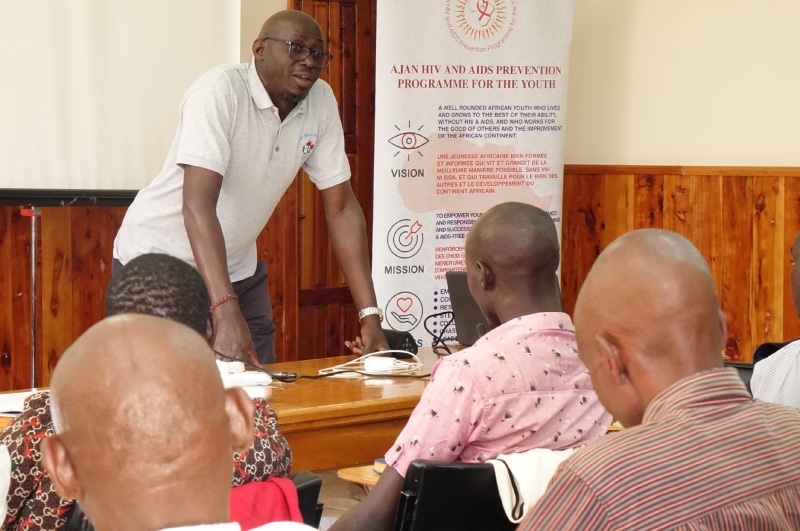

The African Jesuit AIDS Network (AJAN), in collaboration with the Catholic Prison Chaplaincy in Kenya, had a 5-day Training of Trainers (TOT) on the AJAN HIV and AIDS Prevention Program for Youth (AHAPPY).
The training, began on July 1, 2024, and was held in Nyahururu bringing together 28 prison catechists and officers from the Catholic Dioceses of Nakuru, Nyahururu, Kericho, and Ngong.
The primary objective of this program is to equip catechists with crucial knowledge and skills to support youth in correctional facilities. Additionally, it aims to address the needs of inmates and the families of prison officers, who often experience societal stigmatisation and abandonment, providing them with necessary support and resources.
On the second day of the training, the participants were honoured by the presence of Rt. Rev. Wallace Ng’ang’a Gichihi, Auxiliary Bishop of the Catholic Archdiocese of Nairobi, and Rt. Rev. Joseph Mbatia, Bishop of the Catholic Diocese of Nyahururu. Both Bishops praised the AHAPPY program for its role in the formation of catechists and prison officers, highlighting the importance of these roles in the rehabilitation and reintegration of inmates. They stressed that equipping these individuals with the right skills and knowledge is crucial for creating a supportive system that addresses the psychological, social, and emotional needs of inmates, fostering an environment conducive to positive change.
During the initial days, facilitators Ms. Pascalia Sergon, Fernando Nimbu SJ, Mr. Ondigo Johnfisher, Ms. Lilian Waweru, and Mr. Dennis Owuoche engaged participants on a range of topics extending beyond prison walls, impacting the broader community. This comprehensive training aims to empower participants to influence community outreach activities positively, support inmate families, and contribute to broader social change. By understanding the root causes of criminal behaviour and effective rehabilitation techniques, catechists and prison officers can help reduce recidivism and the rate of HIV infection in prisons.
The training also focuses on fostering a deeper understanding of inmates' needs, supporting those infected and affected by HIV, and promoting best practices for their reintegration into society.
For more information and updates on the AHAPPY program and other initiatives, visit the AJAN website.
Related Articles
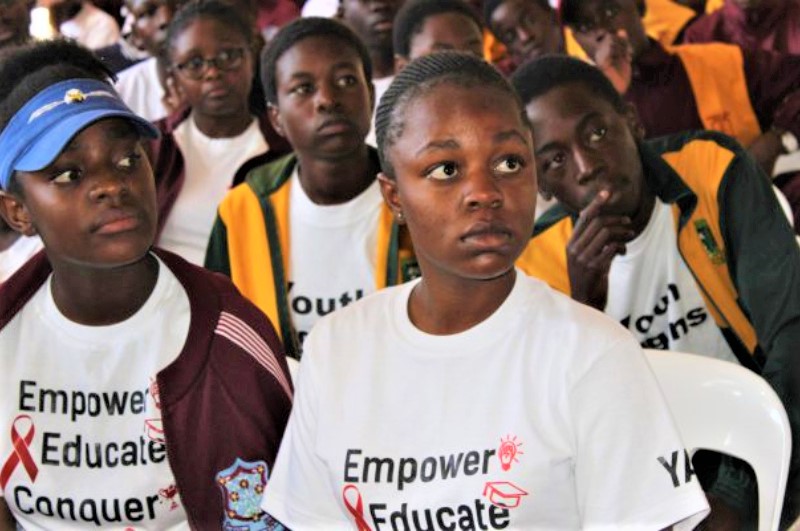
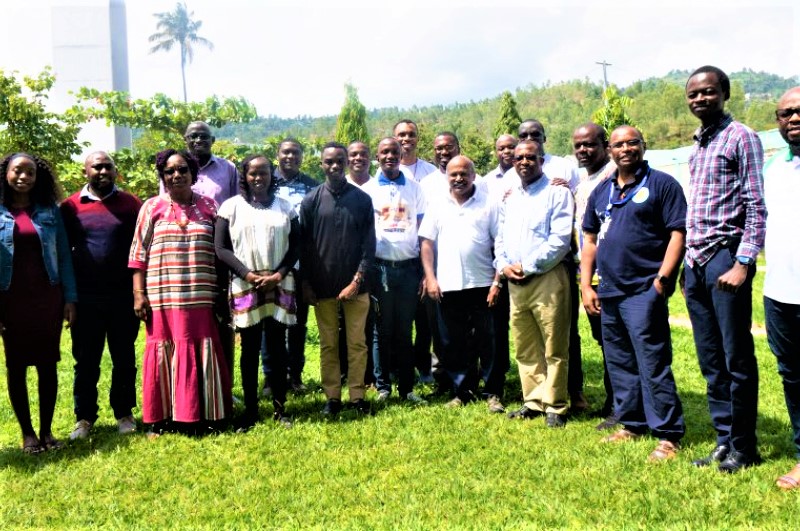
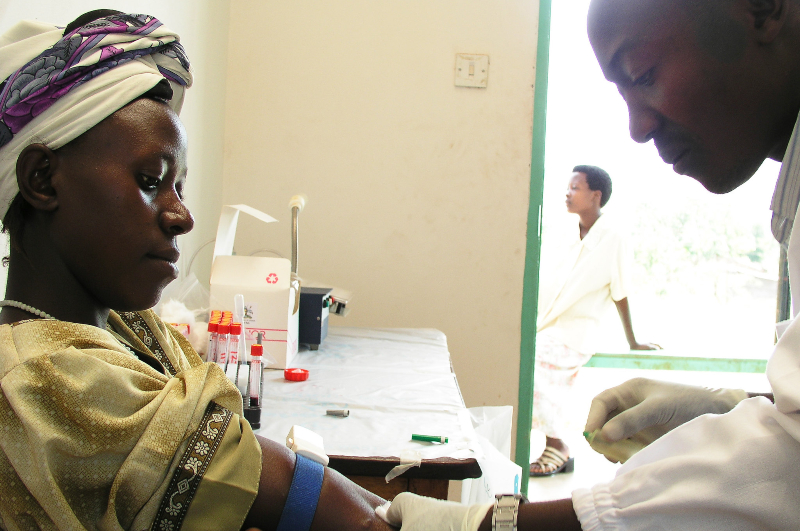
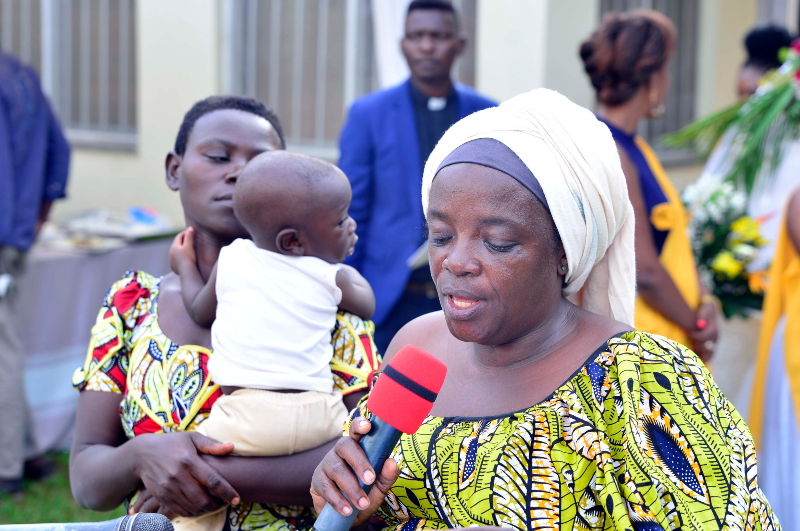
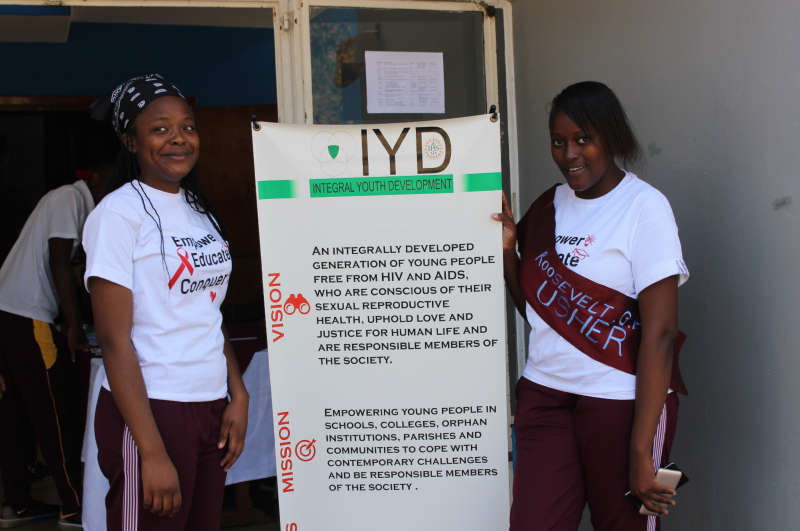
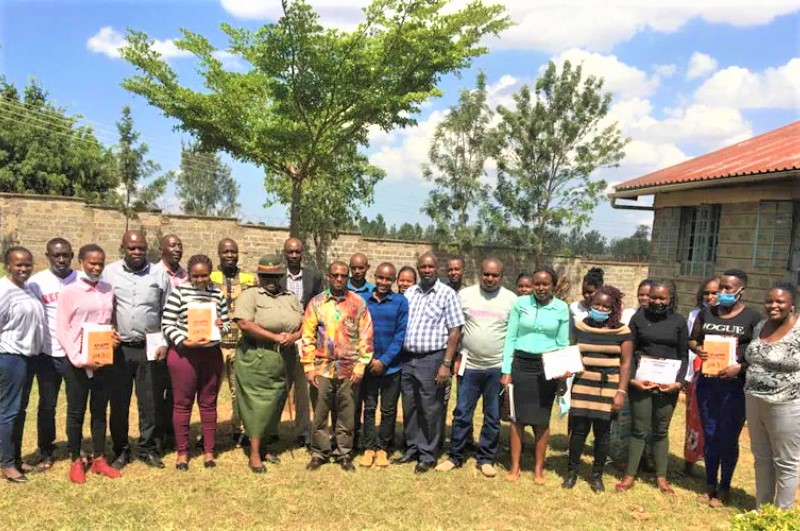
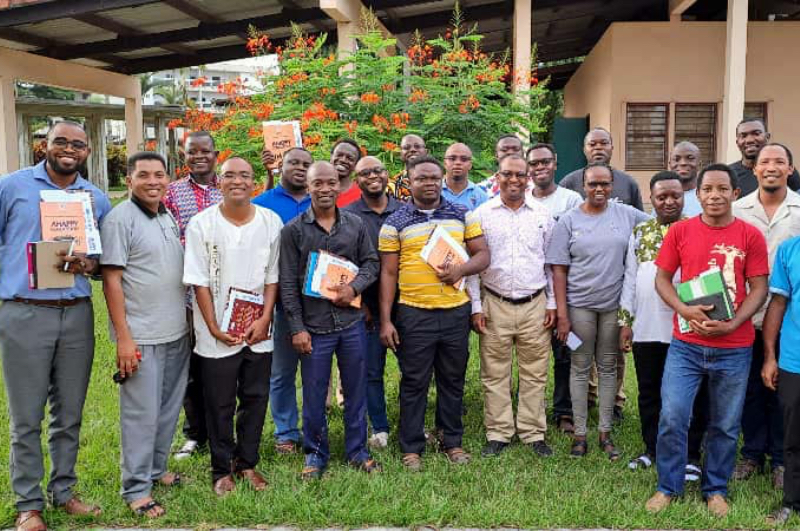
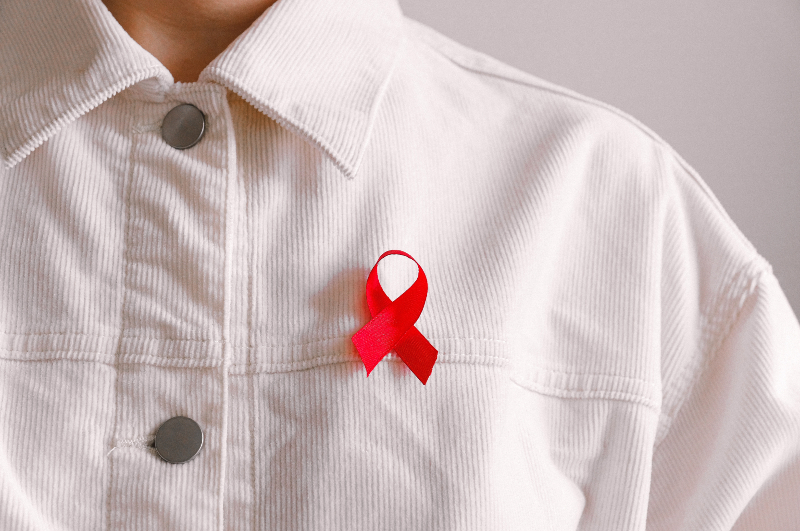
Select Payment Method
Pay by bank transfer
If you wish to make a donation by direct bank transfer please contact Fr Paul Hamill SJ treasurer@jesuits.africa. Fr Paul will get in touch with you about the best method of transfer for you and share account details with you. Donations can be one-off gifts or of any frequency; for example, you might wish to become a regular monthly donor of small amounts; that sort of reliable income can allow for very welcome forward planning in the development of the Society’s works in Africa and Madagascar.
Often it is easier to send a donation to an office within your own country and Fr Paul can advise on how that might be done. In some countries this kind of giving can also be recognised for tax relief and the necessary receipts will be issued.



